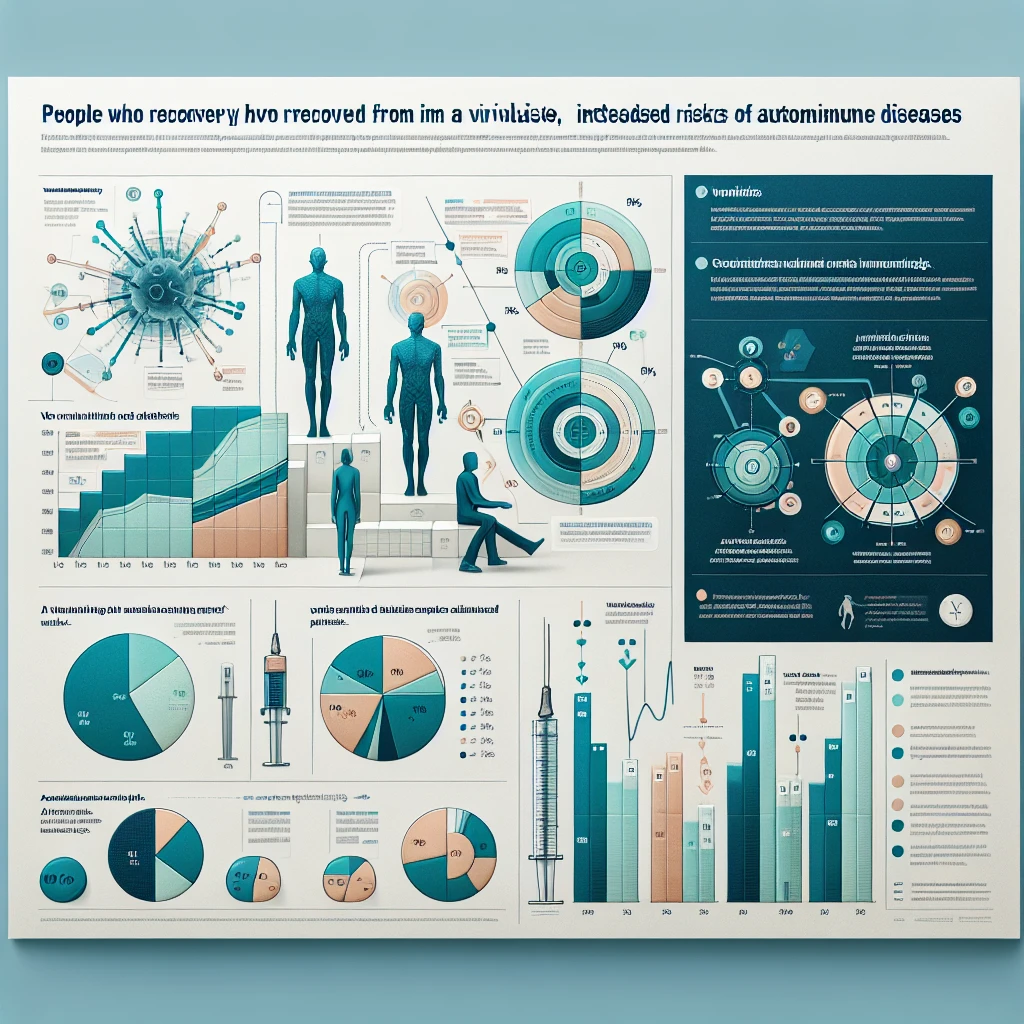Health
Young Adults' Liver Disease Surge: A Looming Health Crisis
By Alberta Herman
April 28, 2024

Fatty liver disease, a condition typically associated with people in their 50s and 60s and linked to excessive weight or alcohol use, is now being found at alarming rates in young adults. According to a major new study, one in five young adults shows evidence of fatty liver disease. This revelation raises concerns about an impending public health crisis.
The study comprised scans of more than 4,000 individuals aged 24 years old, making it one of the largest research projects into liver disease among the youth demographic. The findings suggest that these high levels of fatty liver disease could be precursors to serious health issues, including life-threatening liver diseases, cancer, heart diseases, and diabetes—all conditions also connected with obesity or excessive consumption of alcohol.
Dr. Kushala Abeysekera from the University of Bristol, who led this groundbreaking research, explains: "Fatty liver disease is a'silent' illness that can go decades without causing any notable discomfort for patients."
Professor Sir Ian Gilmore echoes this sentiment by referring to the phenomenon as a "silent epidemic." He mentions that although there has been a decline in alcohol consumption among youngsters over recent years, obesity rates have seen an upward trend during the same period. As such, non-alcohol-related fatty liver diseases are becoming increasingly prevalent and pose significant risks moving forward.
"Fatty liver disease will likely lead to cases of severe damage," warns Professor Gilmore. "We anticipate seeing surges in cirrhosis within three to four decades." Moreover, he predicts other adverse consequences stemming from rising obesity figures, notably higher incidences of various cancers and cardiovascular problems.
Unless immediate action is taken towards management and prevention strategies, we may face an overwhelming public health crisis down the line," he cautions.
Fatty livers develop due to the accumulation fat cells, which then cause harm to this vital organ, leading to potentially fatal conditions like fibrosis (scarring) or irreversible cirrhosis if left untreated.
Almost seventy percent of patients with liver disease receive their diagnosis only upon hospital admission for late-stage complications such as jaundice, fluid retention, and internal bleeding.
The financial burden this places on the National Health Service (NHS) is significant, costing an estimated £3.5 billion per year due to alcohol and diet-related liver damage. Furthermore, mortality rates have seen a staggering 400 percent increase over the past half century.
This study involving 24-year-olds forms part of a larger research initiative that has been tracking the health status of thousands of children in Bristol from the early 1990s onwards.
While one in five young individuals exhibited initial changes indicative of fatty liver conditions, one out of forty had more advanced stages where scarring was evident on their livers. This startling revelation underscores the urgent need for intervention strategies aimed at mitigating this impending public health crisis.
LATEST ARTICLES IN Health
Sangamo Therapeutics Q1 2024 Update.
Syndax Pharmaceuticals, Inc. First Quarter 2024 Earnings Conference Call.
Is Extending Time Between Colonoscopies Safe?.
The Truth About Ultraprocessed Foods: A Scientific Perspective.
Join Our Newsletter
Popular Articles
-

Mar 13, 2024
Anyone But You - A Romantic Comedy Surprise of 2023 -

Feb 01, 2024
AI Company About to Revolutionize the Medical Space? -

Mar 20, 2024
COVID-19 Survivors at Risk for Autoimmune Diseases -

Jan 27, 2024
Get Rich in a Year with These 3 Coins!




